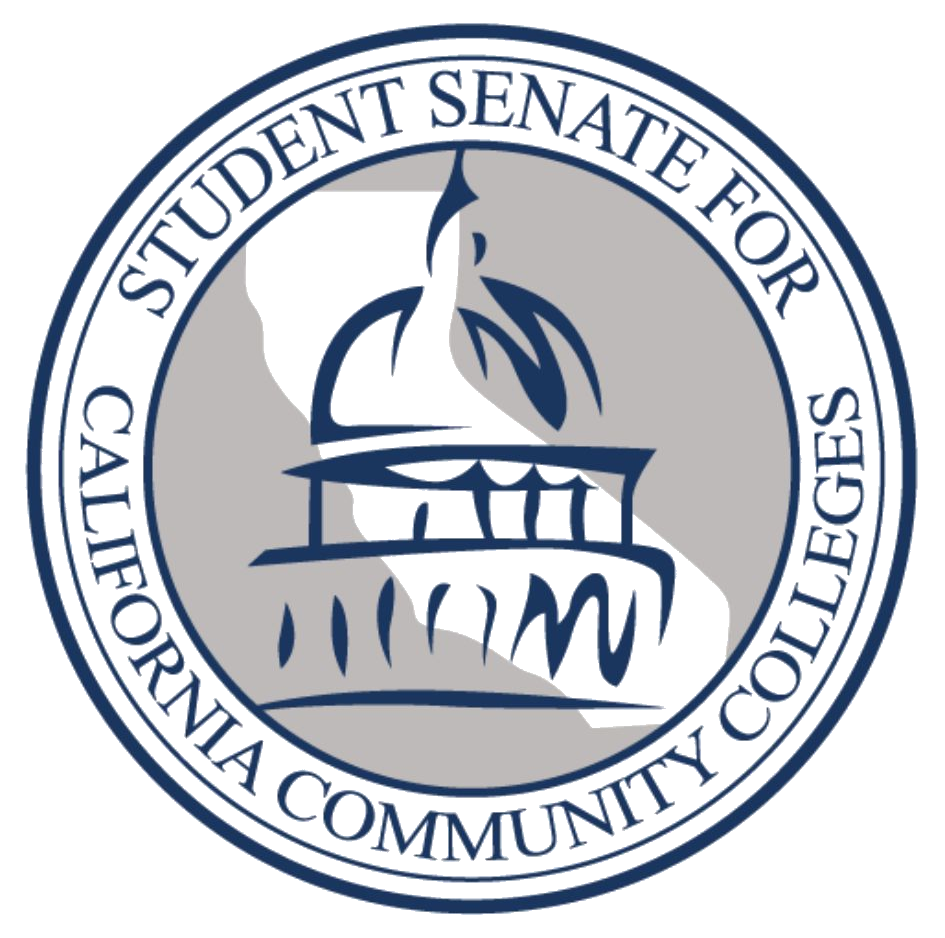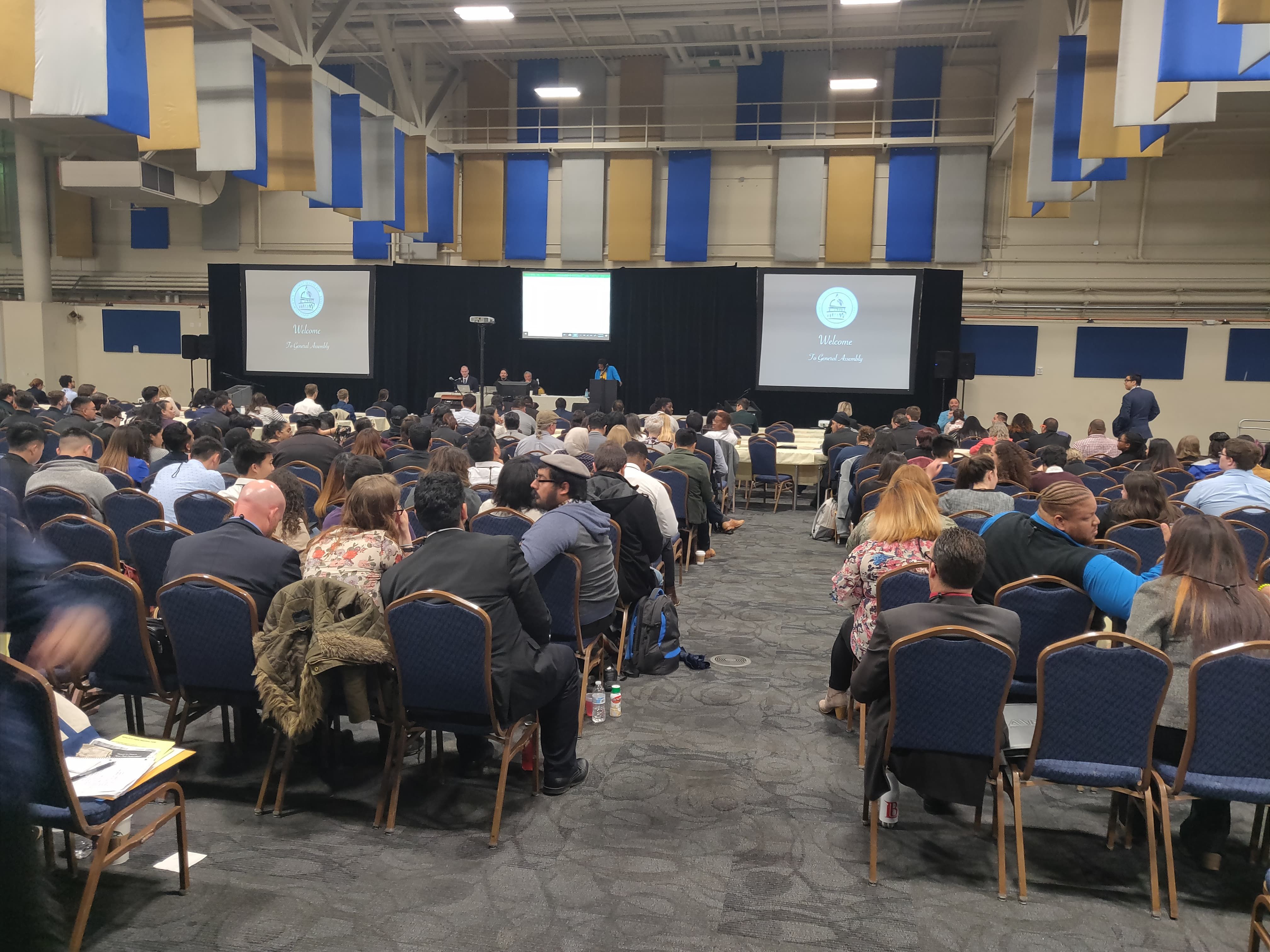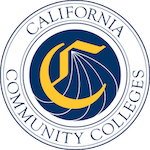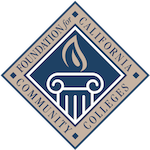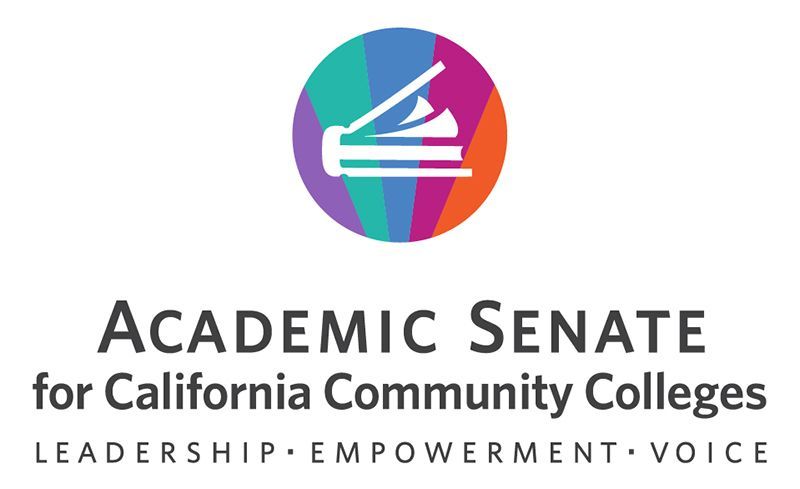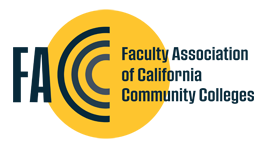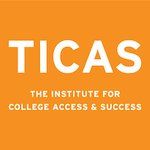SACRAMENTO, Calif. – Tomorrow, May 1st, marks the beginning of Asian American and Pacific Islander (AAPI) Heritage month. This heritage month started back in 1979 as just a week to commemorate the immigration of the first Japanese to America and the anniversary of the completion of the transcontinental railroad. In 1992, it was changed from an annual proclamation to a month celebration when Congress recognized the need to celebrate the contributions of these individuals to society. Contributions like those from Anandi Gopal Joshi (first Hindu and first Indian female to receive a medical degree in the United States), Benazir Bhutto (Pakastani Prime Minister and politician), H.E.R (Filipino-American singer), Anna May Wong (Chinese-American actress), Maria Corazon "Cory" Aquino (Filipino President and politician), Dr. Min Chueh Chang (Chinese-American biologist), Dwayne "The Rock” Johnson (Samoan-American actor), and many more.
“Recent acts of violence toward our AAPI community have been appalling. False narratives from individuals in power to persuade citizens to believe the pandemic should be attributed to the AAPI community have led to shocking and abhorrent hate crimes. The arrival of AAPI heritage month could not have come at a better time. AAPI individuals need to feel welcomed and included in a society that they helped build.” Stephen Kodur, President, SSCCC
The Student Senate for California Community Colleges (SSCCC) has prioritized diversity, equity, and inclusion to ensure all student populations are successful through the elimination of educational, societal, and relational barriers. The recent attacks on the AAPI community have forced the SSCCC to reconvene the Institutional Success for People of Color Task Force in order to host town halls for students to air their grievances and construct an action plan to support the AAPI community. The first of these town halls will be hosted on May 7th from 10-12. The SSCCC will continue to serve our marginalized student populations and promote inclusivity among all students, faculty, staff, and administration.
The California Community Colleges is the largest system of higher education in the nation, composed of 73 districts and 116 colleges serving 2.1 million students per year. The Student Senate for California Community College works to promote and safeguard access for current and future students to California public higher education in accordance with the Master Plan for Higher Education through system participatory governance, legislative and policy advocacy, and regional support and development and is the official voice of California community college students statewide.
###
